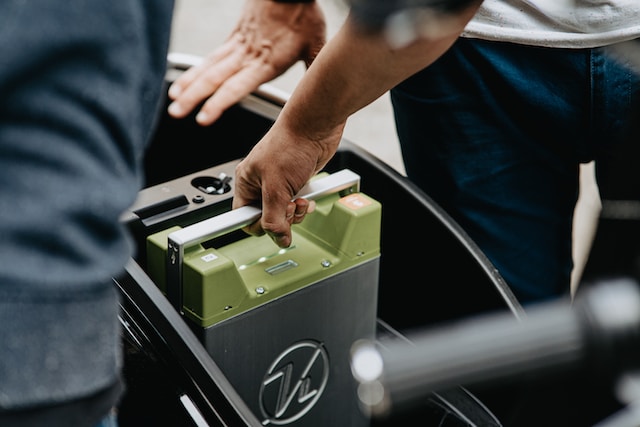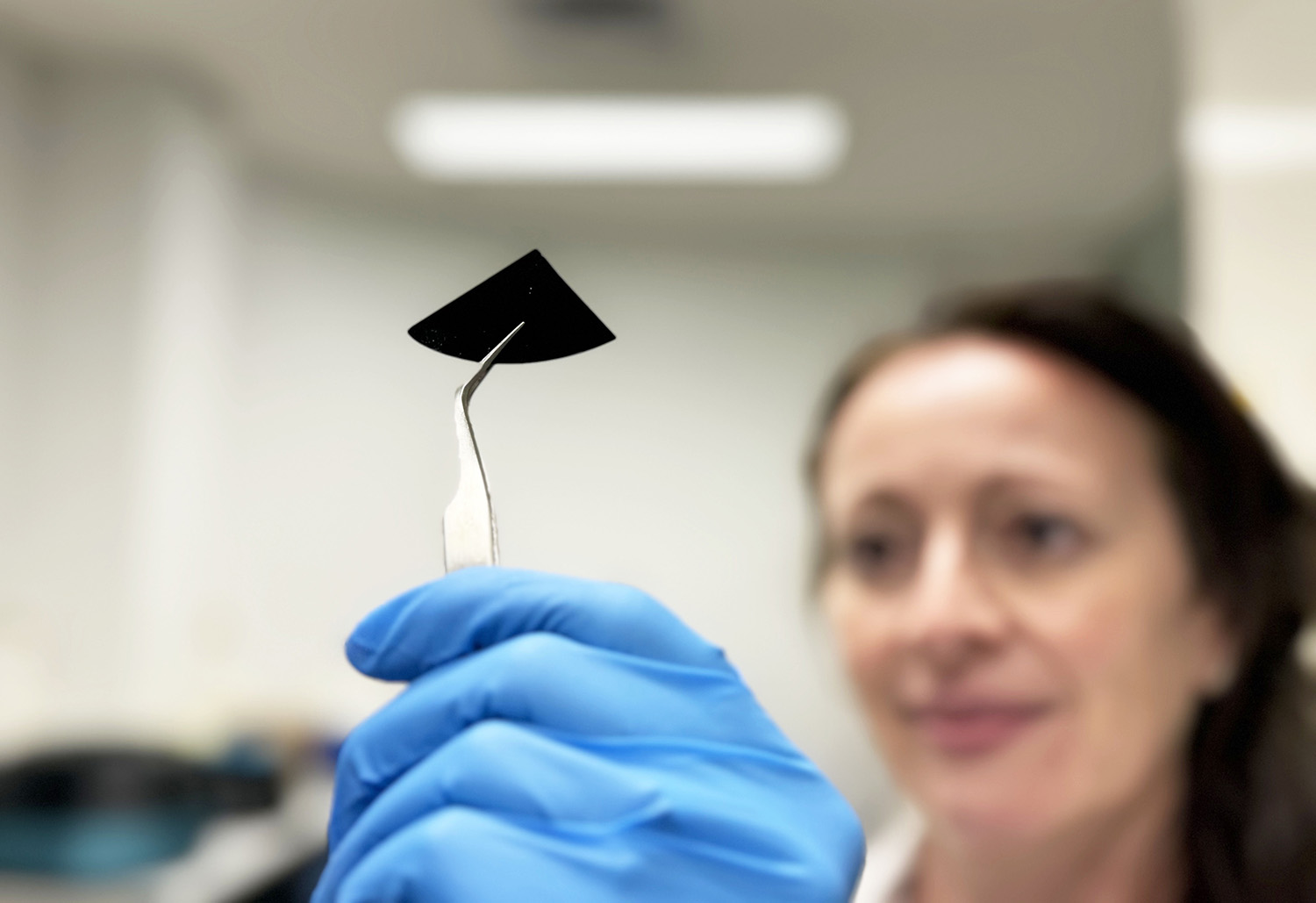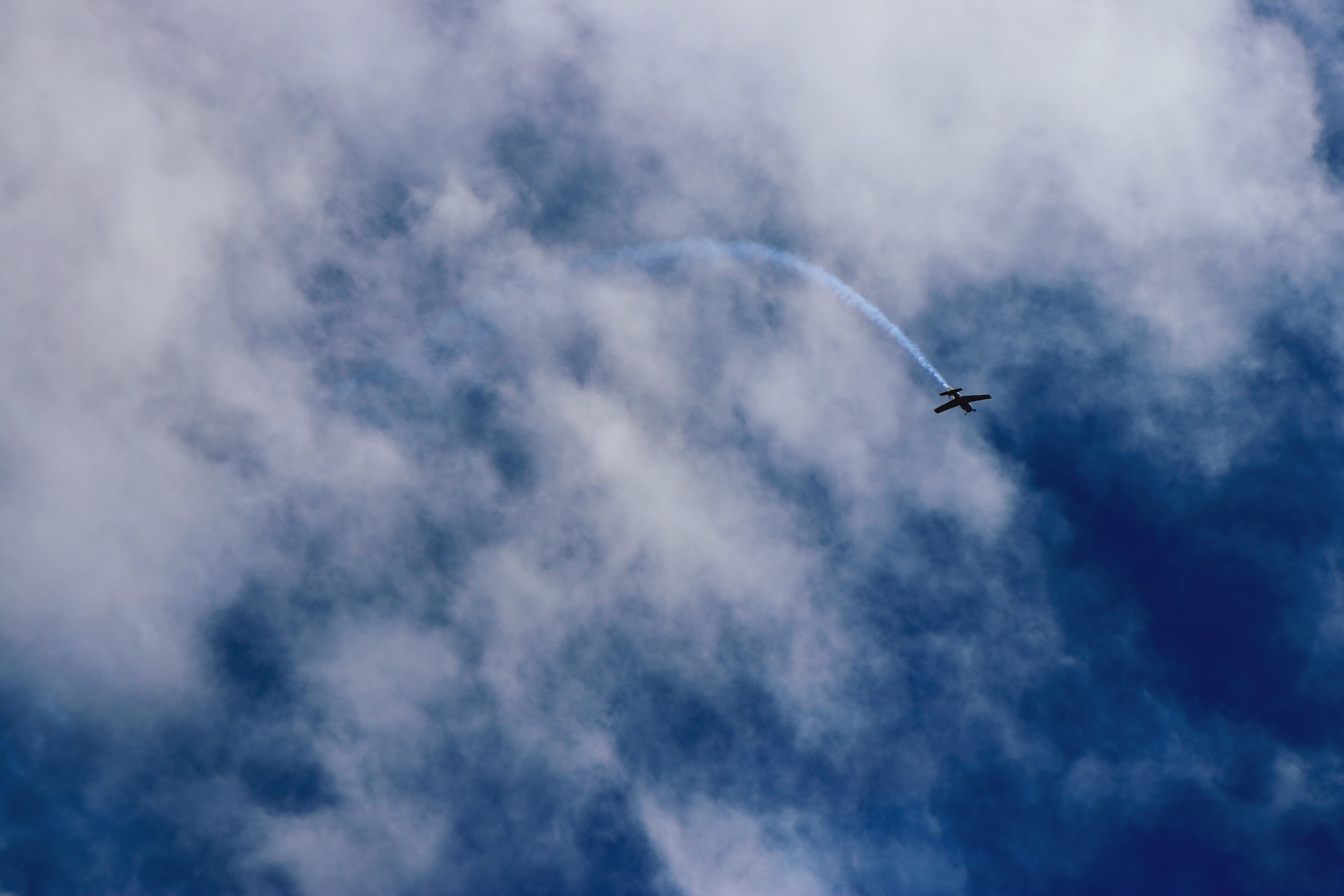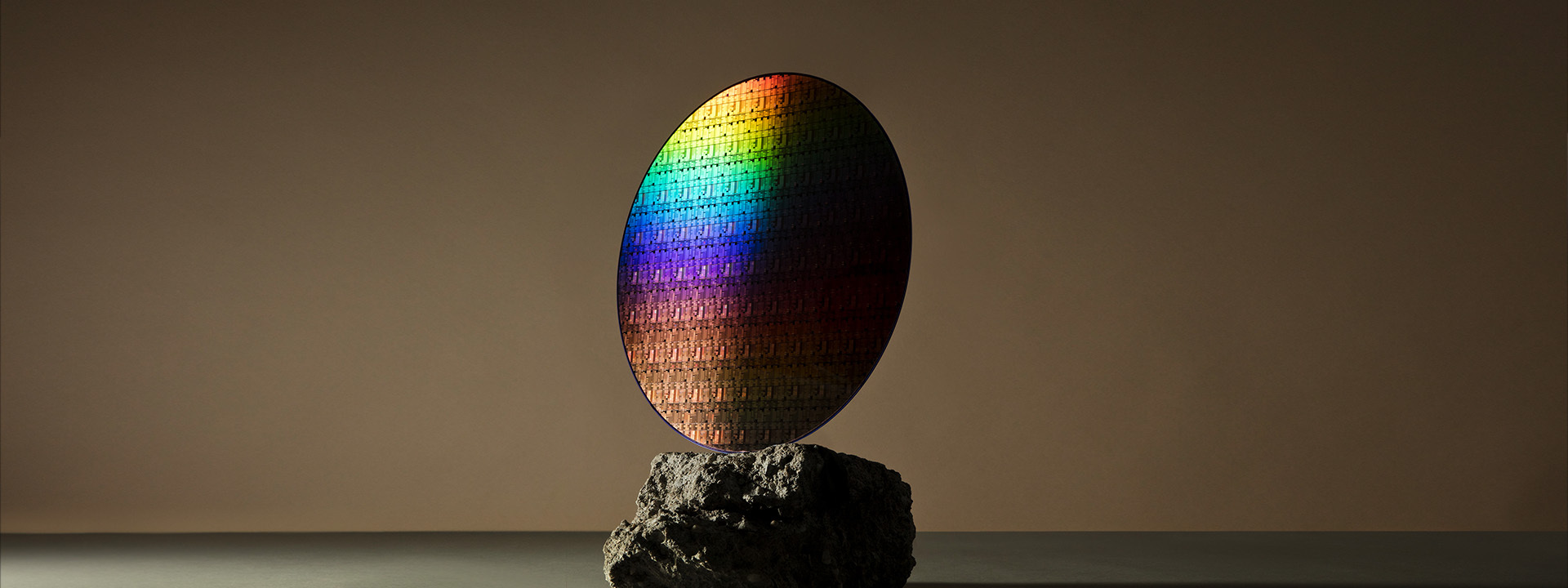A coma is a prolonged state of unconsciousness following a severe head injury or drug overdose, during which a person is unresponsive to the environment.
It’s an agonizing experience for friends and family as they don’t know whether their loved one will come out of the coma or not. Since all brains work differently, it’s very difficult to predict when the patient will regain functioning.
But, researchers have now discovered a way to test how aware the patient is and whether they are likely to wake up within a year or not.
About this test:
Scientists found that a common test that measures the amount of glucose (sugar) consumed by the brain could be used to judge the level of awareness.
Ron Kupers of the University of Copenhagen and Yale University said, “In nearly all cases, whole-brain energy turnover directly predicted either the current level of awareness or its subsequent recovery. In short, our findings indicate that there is a minimal energetic requirement for sustained consciousness to arise after brain injury.”
To figure this out, Kupers and his colleagues mapped how much sugar was being consumed in the brains of 131 brain-injured patients, who were all suffering either a full or partial loss of consciousness.
Researchers found that a patient’s behavioral response was strongly connected to their overall cerebral energy turnover. The patients showing glucose metabolism below 42% of normal brain activity didn’t regain consciousness after a year, while those who had activity above that woke up within a year.
On the whole, this test was able to accurately predict 94% of the patients who would wake up from a vegetative state.
Study co-author Johan Stender said, “The discovery of a clear metabolic boundary between the conscious and unconscious states could imply that the brain undergoes a fundamental state change at a certain level of energy turnover, in a sense that consciousness ‘ignites’ as brain activity reaches a certain threshold. We were not able to test this hypothesis directly, but it provides a very interesting direction for future research.”







